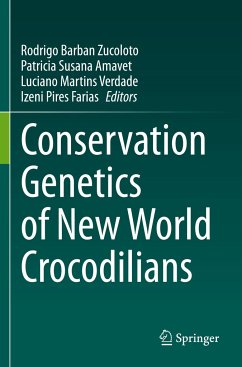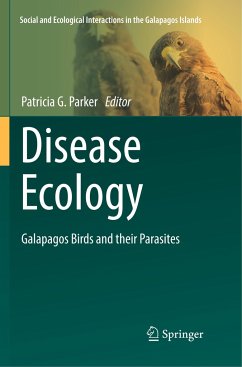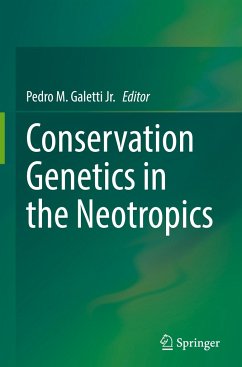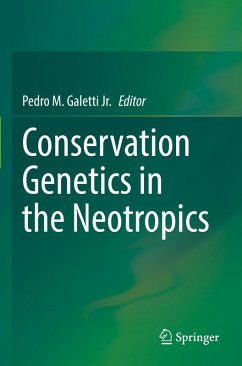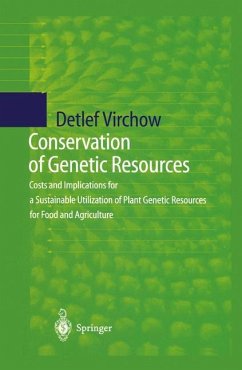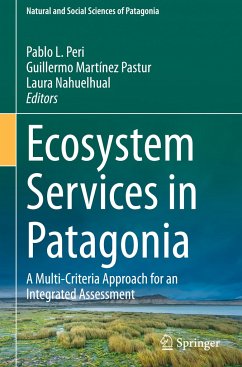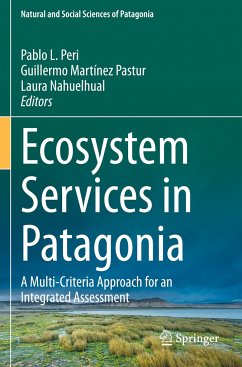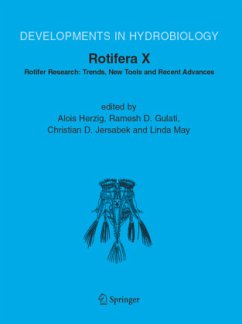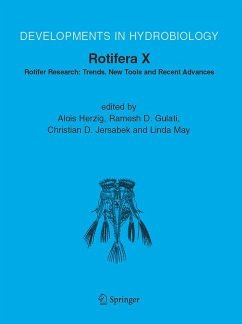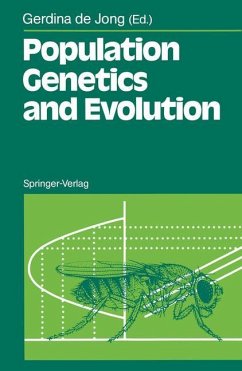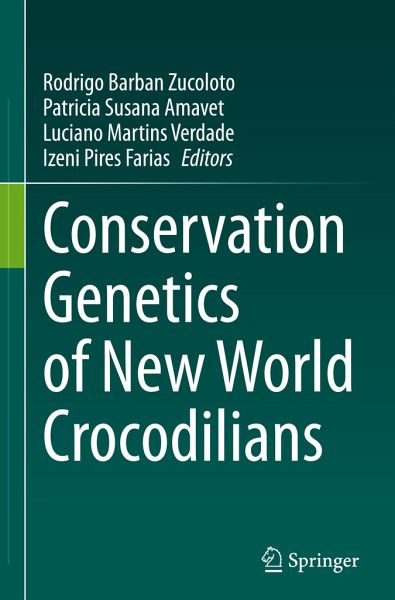
Conservation Genetics of New World Crocodilians

PAYBACK Punkte
61 °P sammeln!
This book aims to be a comprehensive review of the literature on the conservation genetics of the New World crocodilians, from the biological and demographical aspects of the living species to the application of molecular techniques for conservation purposes. It covers the current status of the molecular genetics applied to phylogenetics, phylogeography, diversity, kinship and mating system, and hybridization, as well its implications for decision making with regards to the conservation of these species at academic and governmental levels. This book can be used as a guide for graduate and unde...
This book aims to be a comprehensive review of the literature on the conservation genetics of the New World crocodilians, from the biological and demographical aspects of the living species to the application of molecular techniques for conservation purposes. It covers the current status of the molecular genetics applied to phylogenetics, phylogeography, diversity, kinship and mating system, and hybridization, as well its implications for decision making with regards to the conservation of these species at academic and governmental levels. This book can be used as a guide for graduate and undergraduate students to understand how conservation genetics techniques are carried out and how they can help preserve not only crocodilians but also other living species.





